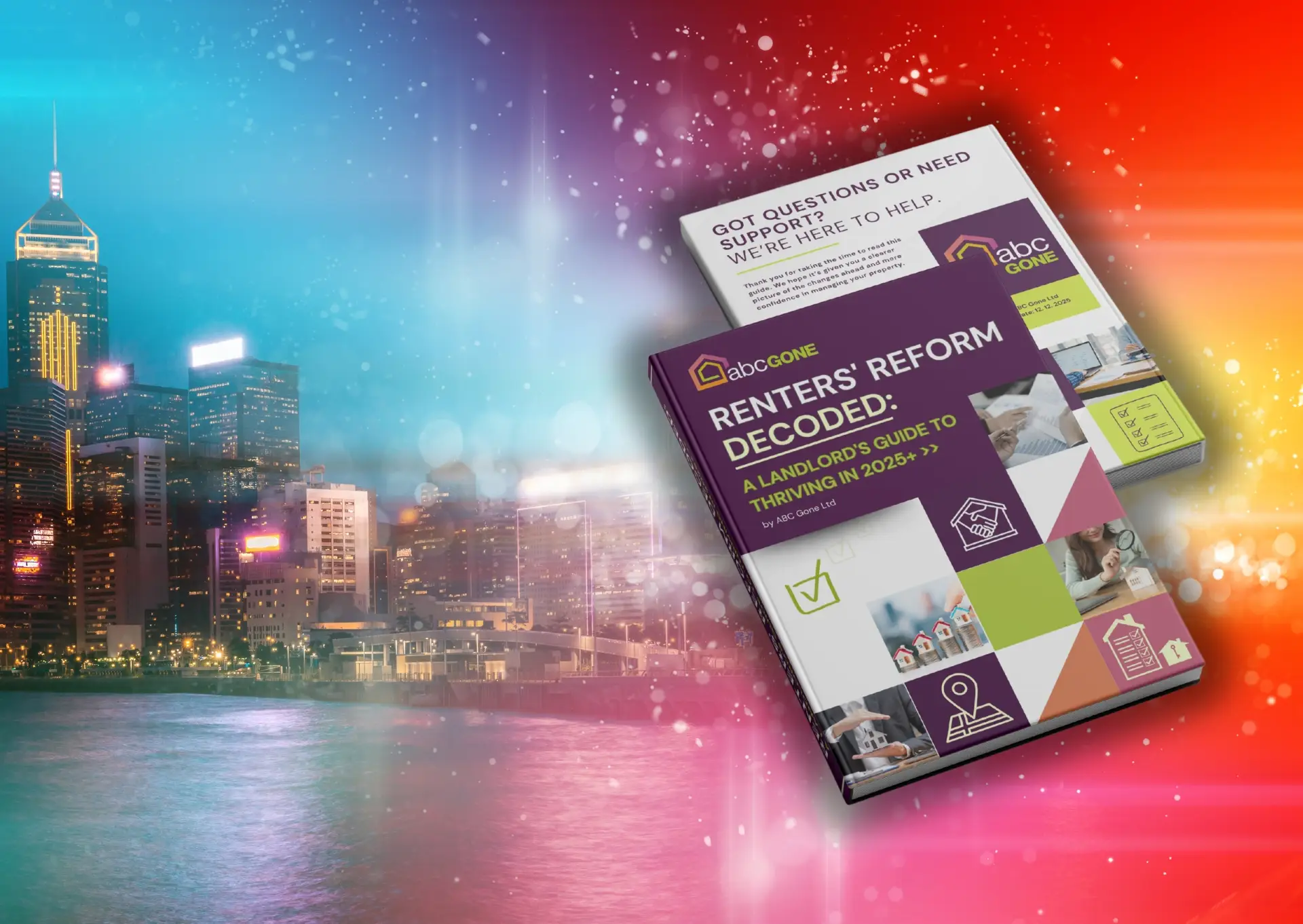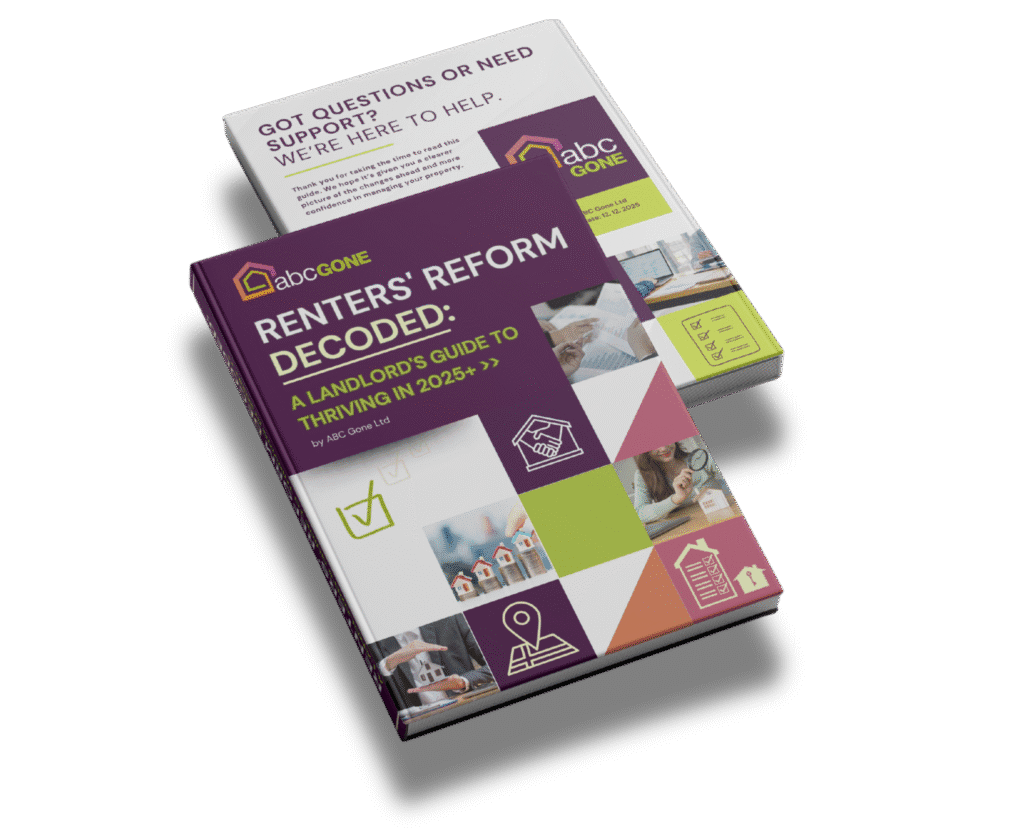If you’re looking to evict a tenant without tenancy agreement in the east London areas of Romford, Hornchurch, Dagenham, Rainham, Upminster or Harold Wood, read on.
For most people in the private rented sector, a tenancy agreement signed by both parties is the number one essential for both landlords and tenants. But if you think it’s impossible to rent out property without one, you’d be wrong. The simple act of living in a property and paying rent creates a contract between tenant and landlord with obligations – whether or not there’s a piece of paper to prove it.
If you’re a landlord in this situation you probably have questions about evicting a tenant without tenancy agreement. We look in detail at this unusual situation and the steps that you’d need to take.
Is a tenancy legitimate without a written agreement?
Yes. While a written tenancy agreement signed by both parties is the norm and offers greater protection and clarity on each sides, a tenancy formed by verbal agreement is still valid. Circumstances where this situation arise include letting a property to a friend and never formalising the arrangement, inheriting a property with long-term sitting tenants or even just losing the paperwork.
Why is a written agreement important for landlords?
A written tenancy agreement sets out the rights, responsibilities and expectations on you both. While legal protections exist regardless, a written agreement can make it easier for the landlord to prove that a tenant has broken the terms of the tenancy as it will set out in detail factors such as when the rent is due, the length of the tenancy and the deposit. It will also include additional clauses – whether council tax is included in the rent, if the tenant is required to maintain the garden, for example.
What are my tenants’ rights and responsibilities?
A tenancy without an agreement still gives a tenant many of the same rights as one where everything is written down. The tenant has the right to quiet enjoyment of the home and for it to be properly maintained in a safe and decent way. Read more on the gov.uk website.
What are the reasons for evicting a tenant?
You can evict a tenant if they have broken the terms of their tenancy agreement – in most cases this is by failing to pay their rent. It may also be by indulging in antisocial behaviour or carrying out illegal activity on the premises. If your tenant is no longer in the fixed term of their tenancy, you can currently use a Section 21 no-fault eviction notice to ask them to leave, without giving a reason.
Can you evict a tenant without a written agreement?
Yes, you can follow the same steps to evict a tenant without a written tenancy agreement serving either a Section 21 or a Section 8 notice. However, you may find it more difficult to pull together the necessary proof and documentation needed to carry out the eviction.
In the case of a Section 21 notice, the absence of a written tenant agreement may make it more difficult to prove that you tenant is no longer in the fixed term of their tenancy. If there is no written tenancy agreement the default for a fixed term is usually six months.
What is the eviction process without a tenancy agreement?
The eviction process is the same as for landlord looking to evict a tenant in other circumstances.
- 1 Choose the notice to serve – Decide whether you wish to use a Section 21 no-fault eviction notice or a section 8 notice. You can currently use a Section 21 notice if your tenant is no longer in the fixed term of their tenancy. This is usually a simpler process. Use a Section 8 notice if they’ve broken the terms of the tenancy. There is more information on the gov.uk website.
- 2 Apply for a possession order (if necessary) – The next step, if your tenants do not leave by the date on your notice and owe you rent, is to apply to the court for a standard possession order. You can apply for an accelerated possession order if you are not claiming for unpaid rent.
- 3 Get a warrant for possession – If your tenants still don’t leave, apply for a warrant for possession allowing court bailiffs to remove them from the property.
While it is perfectly possible secure an eviction without a written tenancy agreement, having one will make asking a tenant to leave more straightforward. For this reason it is always advisable to have a clear and comprehensive tenancy agreement in place from the outset.
If you’re a landlord in Romford, Colchester, Chelmsford, Harlow, Essex, Southend on Sea or beyond, We’re happy to offer advice on eviction. Contact us to discuss our range of services and options for landlords.





